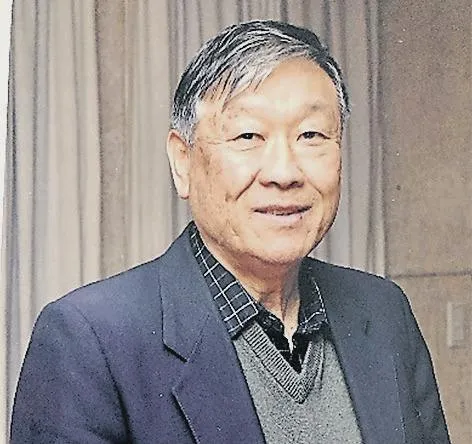In the 1960s, a diffident young Korean, who was an ex-refugee aspiring to be a pastor, knocked at the door of Swiss L’Abri. Cynthia Stanton, Edith Schaeffer’s long-serving worker, opened it and greeted him. In due time, they were to wed.
It was a chalk-and-cheese liaison, but it was to produce much unobtrusive fruit. She was a Londoner, her father running a fleet of black taxi cabs. His father had fled North Korea to Beijing, where he and his wife sheltered refugees. Both Kim’s parents were freedom fighters in a volunteer Korean army against the Japanese in the Second Sino-Japanese War (1937–1945). They suffered torture and witnessed atrocities. Kim was born in Beijing one year into that war.
But, aside from all that, Kim heard Francis Schaeffer’s sermons ‘No Little People, No Little Places’ and ‘New Testament Church Polity’ in the 1960s. The ideas in those sermons ignited a passion to confront the influence of neo-Confucianism1 on the Korean church.


